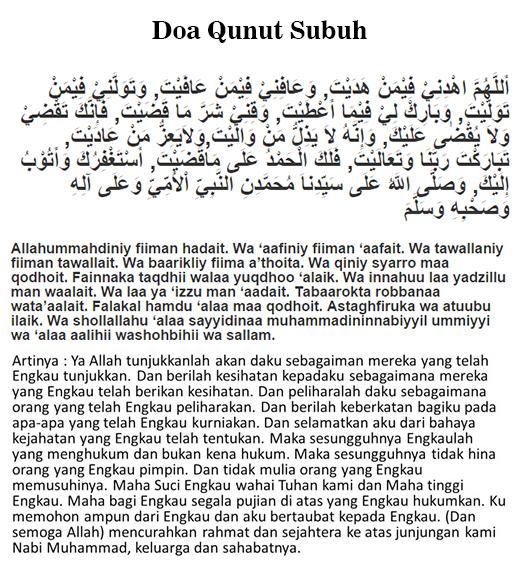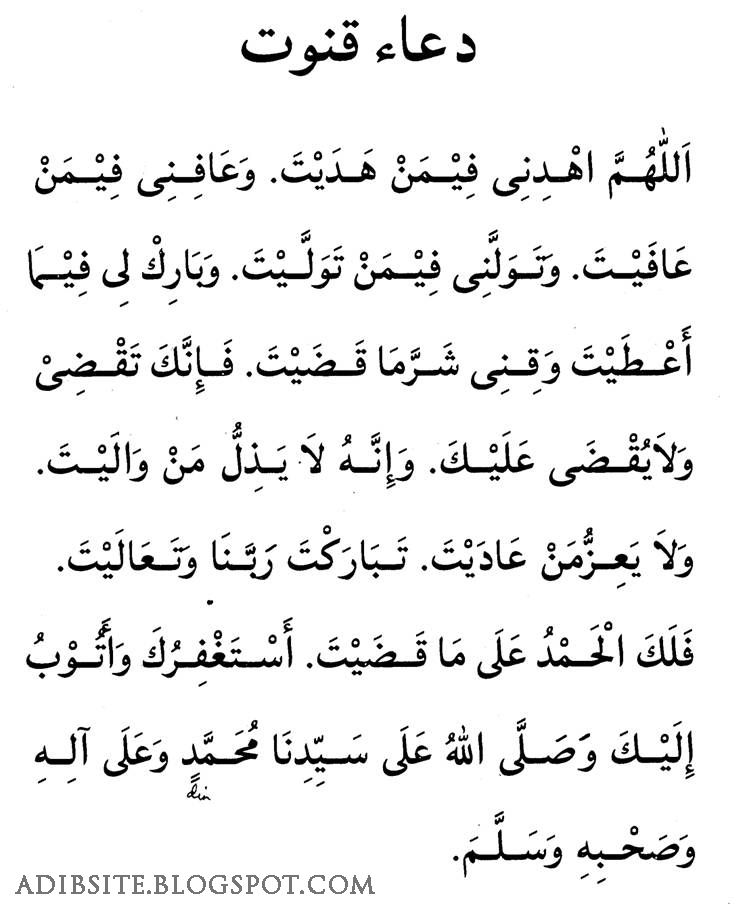Finding Peace and Protection: Exploring the Significance of Qunut in Fajr Prayer
Imagine the stillness of dawn, the world slowly awakening, and you, kneeling in prayer. It's a moment of quiet reflection, a direct line to the divine. Now, imagine enriching this moment with a special supplication, a prayer within a prayer, seeking protection and guidance for the day ahead. This is the essence of reciting Qunut during Fajr, the dawn prayer in Islam.
The Qunut, a poignant and powerful supplication, is often recited during the second Rak'ah (unit) of Fajr prayer. While not mandatory, it holds immense significance for many Muslims around the world. But what exactly is it about this particular prayer that resonates so deeply, and why is it specifically associated with the dawn prayer?
The history of Qunut during Fajr prayer is steeped in tradition and rooted in the practices of the Prophet Muhammad (peace be upon him). It's considered a Sunnah prayer, meaning it was a practice of the Prophet, and while not obligatory, it's highly encouraged. The word "Qunut" itself translates to "standing" or "being obedient," reflecting the posture and devotion during its recitation.
The significance of Qunut lies not just in its history but also in its meaning. It's a heartfelt plea to the Almighty, seeking protection from evil, guidance on the straight path, and forgiveness for past transgressions. The words of the Qunut are filled with humility, acknowledging our reliance on God and seeking His mercy and grace. It's a moment of vulnerability and surrender, a powerful reminder of our relationship with the Creator.
But the impact of Qunut extends beyond personal supplication. It serves as a powerful reminder of the challenges faced by the Muslim community, both past and present. Historically, the Prophet Muhammad (peace be upon him) is said to have recited Qunut during times of hardship or calamity. This practice continues today, with many Muslims incorporating Qunut into their Fajr prayer as a way of seeking divine intervention and expressing solidarity during times of crisis or when faced with injustice.
The recitation of Qunut during Fajr is a personal choice, and there are varying opinions and practices within the Muslim community regarding its inclusion. Some schools of thought consider it an integral part of the prayer, while others view it as optional. It's essential to approach this, as with all aspects of faith, with an open mind and a spirit of respect for diverse interpretations.
Benefits of Incorporating Qunut into Your Fajr Prayer:
While the spiritual benefits of any sincere prayer are immeasurable, here are some specific to the recitation of Qunut:
- Seeking Divine Protection: The Qunut is a powerful supplication for protection from evil, both physical and spiritual. By reciting these words, individuals seek refuge in God's mercy and seek His shield against harm.
- Strengthening Connection with God: Taking the time for this additional prayer during Fajr can foster a deeper connection with the Divine. It’s a moment of focused intention and heartfelt supplication.
- Cultivating Humility and Gratitude: The words of the Qunut are filled with humility, acknowledging our dependence on God. This act of recognizing our limitations and expressing gratitude for His blessings can foster greater spiritual awareness.
The Qunut, whether recited during Fajr or other prayers, is a beautiful expression of faith and reliance on a higher power. It's a moment of pause in the quiet of dawn, a chance to connect with the divine, and a powerful reminder of our own humanity.
What is a calendar for kids unveiling the magic of time
The enduring appeal of harry has a brother fanfiction
Finding your dream home exploring venta de casas de un piso














